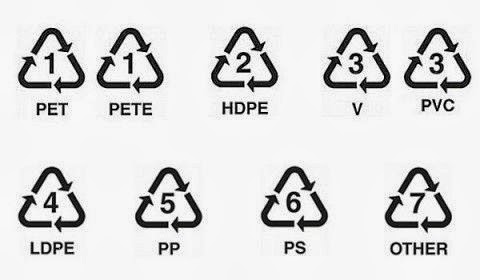Ir al contenido principal
Some finance readings this week

- The effects of export credit guarantees on firm performance. Export credit guarantees turned 100 this year, yet they have been sparsely studied. This column examines the causal effects of export credit guarantees on firm performance. It concludes by considering whether the provision of guarantees should be rebalanced in favour of small and medium-sized enterprises and by calling for governments to urgently integrate all major countries into a regulated system for export credit guarantees (VOX).
- Bank lending under negative policy rates. In recent years, several central banks have steered policy rates into negative territory for the first time in their history. The novel nature of negative rates raises several questions about how monetary policy operates in such non-standard territory. This column summarises recent research that focuses on the impact of negative policy rates on bank credit supply and bank risk-taking in the euro area. The findings point to a crucial role for bank deposits in the transmission mechanism of negative rates (VOX).
- The ECB after the crisis: Existing synergies among monetary policy, macroprudential policies, and banking supervision. In 2012, European leaders decided to establish a pan-European supervisory authority at the ECB, and in November 2014 direct banking supervision and an important role in financial stability were added to the monetary policy responsibilities of the central bank. This column examines what this has meant for the organisational structure of the ECB, asking why the decision was made, what the working arrangements of this enlarged ECB are, and what the similarities and synergies among these three functions are (VOX).
- How do machine learning and non-traditional data affect credit scoring? New evidence from a Chinese fintech firm. This paper compares the predictive power of credit scoring models based on machine learning techniques with that of traditional loss and default models. Using proprietary transaction-level data from a leading fintech company in China for the period between May and September 2017, we test the performance of different models to predict losses and defaults both in normal times and when the economy is subject to a shock. In particular, we analyse the case of an (exogenous) change in regulation policy on shadow banking in China that caused lending to decline and credit conditions to deteriorate. We find that the model based on machine learning and non-traditional data is better able to predict losses and defaults than traditional models in the presence of a negative shock to the aggregate credit supply. One possible reason for this is that machine learning can better mine the non-linear relationship between variables in a period of stress. Finally, the comparative advantage of the model that uses the fintech credit scoring technique based on machine learning and big data tends to decline for borrowers with a longer credit history (BIS).



Comentarios